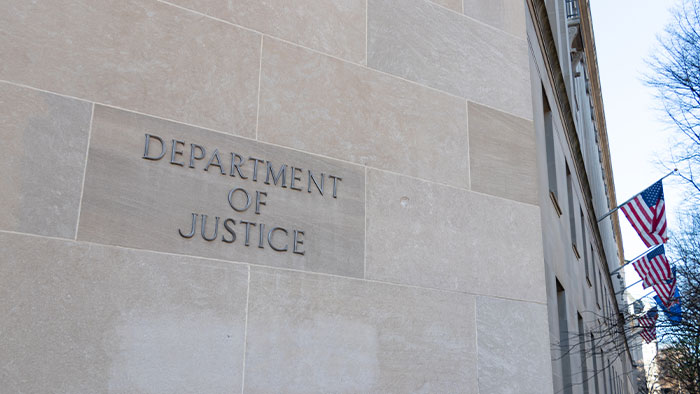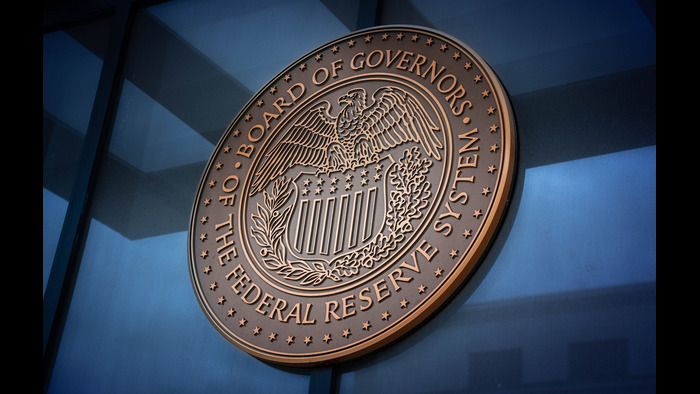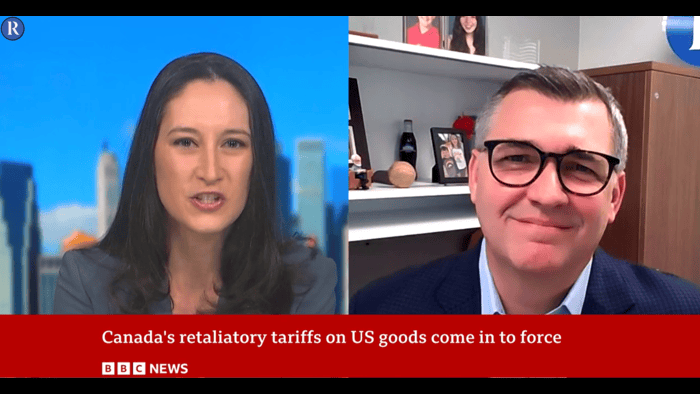FTC, DOJ in Support of RILA Position on Debit Routing
- By [ Austen Jensen ]
- 08/18/2021
For the past several years, RILA has been advocating at the Federal Reserve and the Federal Trade Commission (FTC) to address the lack of routing rights established by the Durbin Amendment for ecommerce transactions—more commonly referred to as Card Not Present (CNP) transactions in the industry. This past May, the Federal Reserve issued a Notice of Proposed Rule Making (NPRM) to clarify that this practice was in violation of the core tenants of the law.
RILA recently filed comments with the Federal Reserve in support of their clarification to the Durbin Amendment, which focused on ensuring a merchants right to route transactions within all verticals. Specifically, RILA supports the Board’s efforts in this NPRM to clarify that issuers’ failure to enable two unaffiliated networks for all debit transactions—whether they occur online or in-store—is a flagrant violation of the Durbin Amendment and Regulation II. RILA has urged the Board to quickly put its proposed clarifications into place so that issuers will be on utterly unambiguous notice that the Board will not tolerate their ongoing failure to fully enable merchant routing choice, particularly when it comes to card-not-present transactions.

RILA and the broader merchant community gained two critical allies last week when the Federal Trade Commission and Department of Justice (DOJ) also filed comments in support of the clarification, that runs parallel to our comments. The decision by the FTC and DOJ to engage on this clarification should aid the Federal Reserve as they update the regulation to ensure a merchants right to route is guaranteed for all transactions.
Please feel free to contact Austen Jensen with any questions on this issue.
Tags
-
Payments
-
Public Policy
-
Competition






